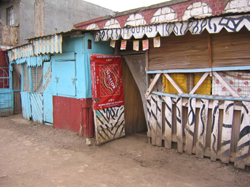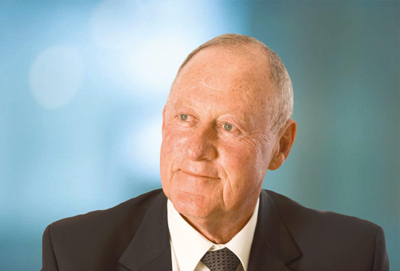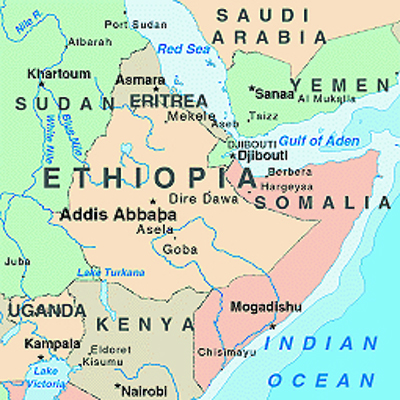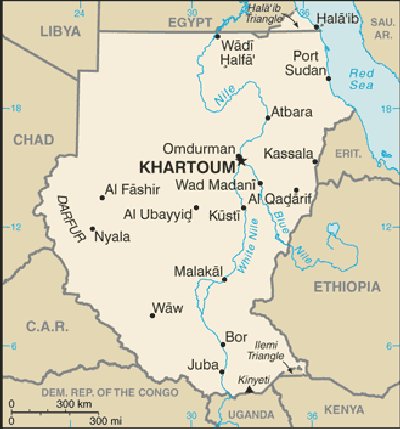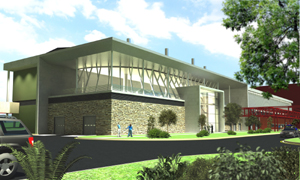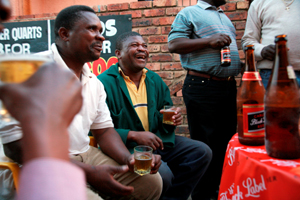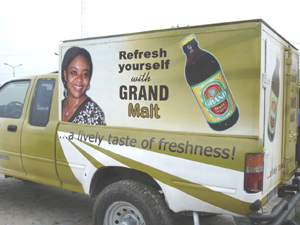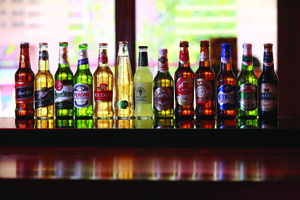Africa
No one in established democracies needs ethics training to know that providing a member of parliament with one million dollars, a Rolls Royce, rugs, antiques, furniture, yacht club fees and vacation expenses in exchange for, well, favouring a certain company, is committing bribery. But businesses can participate in the political process legitimately and legally.
Africa
According to local media reports, the American soft drink Coca-Cola has become a symbol of Ethiopia’s deepening financial troubles. On 28 March, the beverage started flowing again after a pause of two weeks. The East African Bottling Share Company (EABSC), Coca-Cola’s local bottler only restarted distributing the soft drink after it had received sufficient foreign exchange to import crown corks from Kenya.
Africa
Both South Sudan and Ethiopia are far from politically stable. The government in Khartoum has yet to acknowledge the peace treaty brokered in 2005 between the Arab- and Muslim-dominated north and the mainly Christian or Animist, non-Arab south. Whenever there are clashes between southern and northern soldiers, the semi-autonomous region of South Sudan worries that the national army seeks to provoke a new civil war.
Africa
Let’s put it this way: the Sudanese government in Khartoum will not like it. After all, it introduced Islamic Sharia law in 1983 and banned the sale of alcohol. But what can it do? Tensions between northern and southern Sudan over disputed oilfields, with both sides apparently arming for war, are still running high, even after a peace deal in 2005, which allowed the southern rebels to form a secular government. Nevertheless, having their own brewery must have been high on the former rebels’ agenda or they would not have allowed SABMiller into their country.
Africa
What could possibly possess Namibia’s government to grant a licence to South African Breweries? For years, SAB’s applications for a bottling licence which would allow the South African brewing giant to package some of its beer in neighbouring Namibia, have been rejected by the Namibian government. This has given the country’s only brewer, Namibian Breweries, a quasi monopoly. Apparently, not for much longer.
Africa
Brewer SABMiller says lager sales are down 1 percent in its South African operation, SA Breweries (SAB), for the period April to September 2008 as consumers feel the effect of high food and fuel prices and competition in the premium beer segment.
Africa
Looks like the Nigerian beer market is going to witness some real action in the months to come. On 27 November 2008 it was announced that the world’s number two brewer SABMiller has entered into agreement to acquire a majority stake in the recently resuscitated Port Harcourt-based Pabod Breweries. The days of Nigeria’s beer duopoly seem truly over. Now Heineken und Guinness have to face competition from both SABMiller and the Castel Group.
Africa
Heineken watch out. While the Dutch brewer still seems to pondering as to what to do internationally with its Strongbow and Bulmers cider brands, SABMiller’s subsidiary in Ghana, Accra Brewery Limited (ABL) in October has launched Redd’s, which a premium alcohol fruit beverage “made for the modern, confident woman”.
Africa
Keroche Breweries has become east Africa’s newest beer maker, launching three brands on 24 October 2008. The brands – Summit Lager, Summit Malt and a yet-to-be-named "black" beer, will compete with East African Breweries’ Tusker Lager, Tusker Malt and Guinness respectively. Until the entry of Keroche, EABL was Kenya’s sole large-scale brewer.
Africa
Grolsch, Dreher - who cares that they aren’t exactly Germanic in heritage? To the discerning South African consumers these brands are the closest they will get to an old-time Germanic beer brand, although Grolsch is Dutch and Dreher Hungarian.

